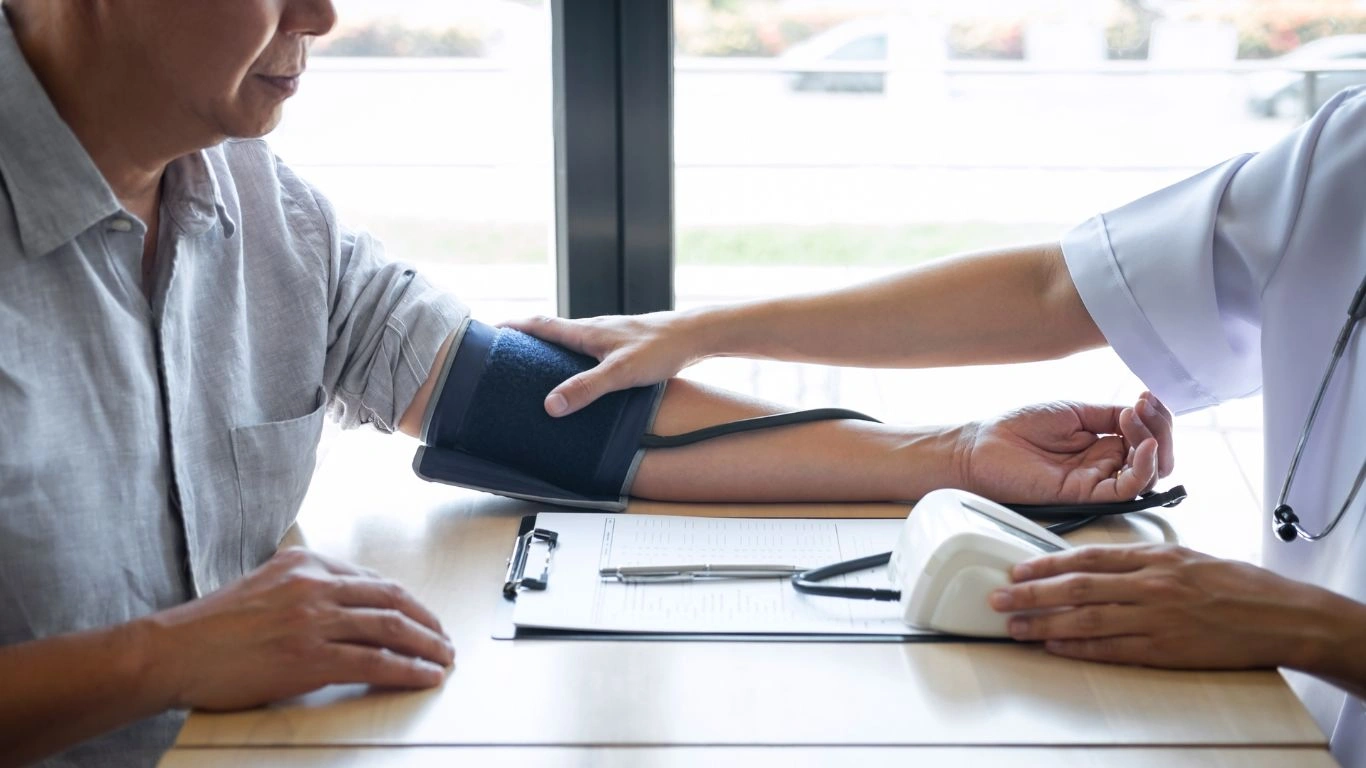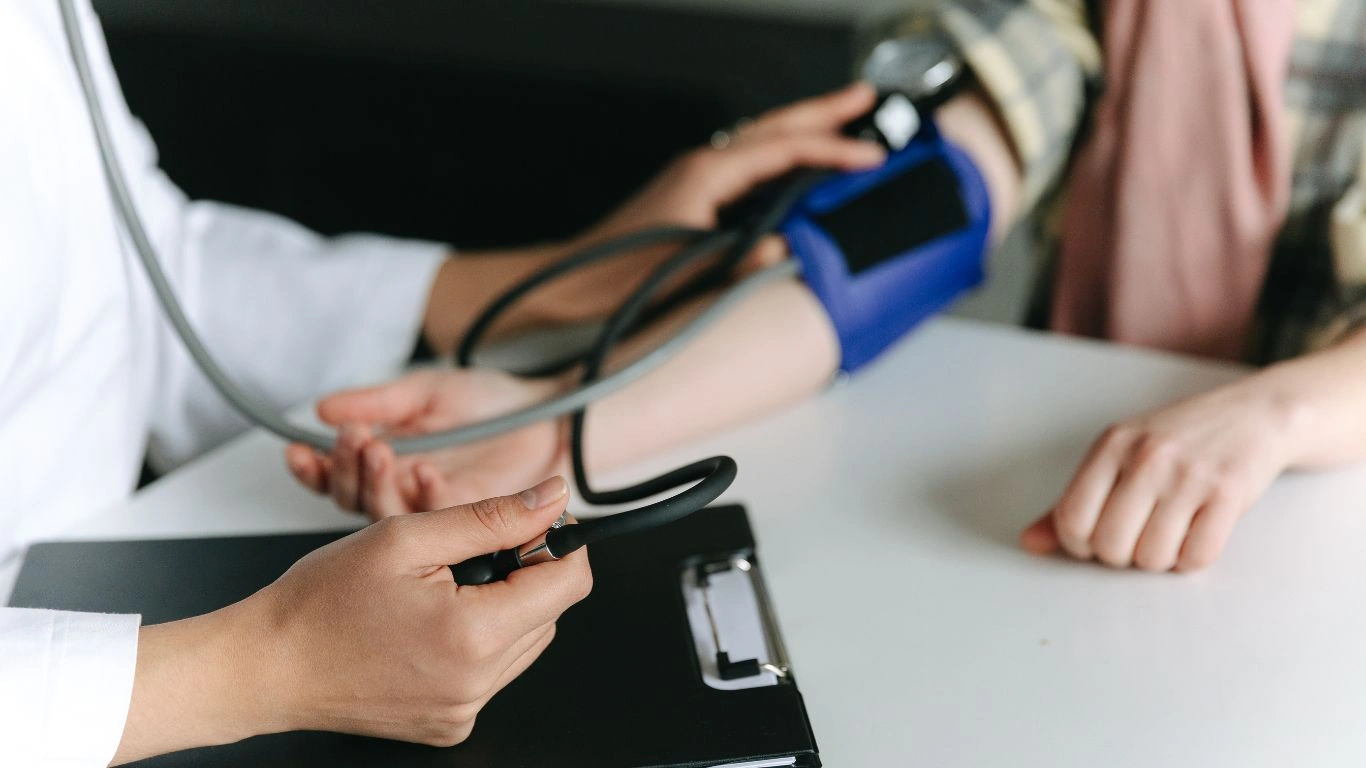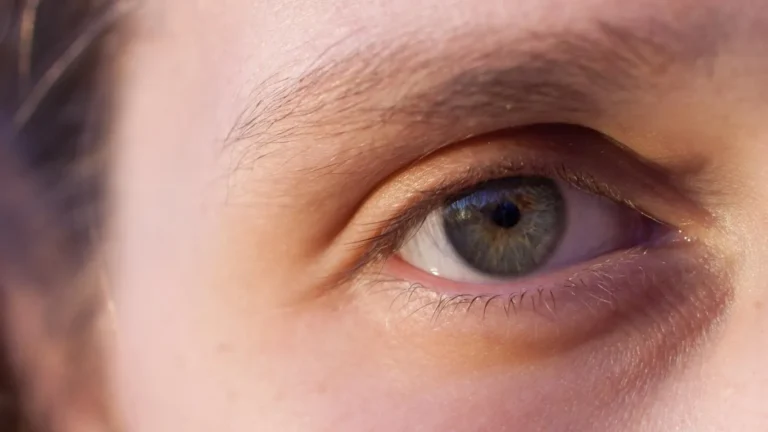Hypertension and Weight Loss Tips – A Practical Guide
Discover how weight loss can help manage hypertension and improve overall health. In this guide, we’ll share practical tips on weight loss, healthy eating, and lifestyle changes to help lower blood pressure.
Hypertension, or high blood pressure, affects millions of people worldwide, often without noticeable symptoms. However, controlling it is crucial to prevent long-term health issues like heart disease and stroke. One of the most effective ways to manage hypertension is through weight loss. Maintaining a healthy weight reduces the strain on your heart and helps regulate blood pressure. In this guide, we’ll explore tips for losing weight and how these changes can positively impact your blood pressure levels.

Understanding Hypertension and Its Connection to Weight
Hypertension occurs when the force of blood against the walls of the arteries is consistently too high. This puts extra strain on the heart and arteries, which can lead to serious health problems over time. Excess weight, particularly abdominal fat, increases this strain by making your heart work harder to pump blood through the body. Losing weight can reduce the burden on your cardiovascular system and help normalize blood pressure.
Why Weight Loss is Key for Managing Hypertension
Carrying excess weight contributes to hypertension in several ways. First, it can increase the volume of blood in your body, which raises the pressure in your blood vessels. Additionally, weight gain can trigger other factors like higher salt sensitivity, inflammation, and an imbalance in hormones, all of which affect blood pressure. By losing weight, you can improve these factors and help prevent or reduce hypertension.

Practical Tips for Weight Loss to Manage Hypertension
Here are some effective and sustainable strategies to help you lose weight and manage hypertension:
1. Focus on a Balanced Diet
Eating a heart-healthy diet plays a significant role in managing both weight and blood pressure. Aim to eat plenty of fruits, vegetables, whole grains, lean proteins, and low-fat dairy. The DASH (Dietary Approaches to Stop Hypertension) diet is an excellent option. It emphasizes nutrient-rich foods like potassium, calcium, and magnesium, which support healthy blood pressure.
2. Control Portion Sizes
Eating large portions can lead to overeating, which contributes to weight gain. Instead, focus on eating smaller, more frequent meals throughout the day. This helps manage hunger and prevents overeating. Use smaller plates, bowls, and utensils to naturally reduce portion sizes.
3. Limit Sodium Intake
Excessive salt intake is one of the main contributors to high blood pressure. Reducing sodium in your diet can make a significant impact on your blood pressure levels. Try cooking fresh meals at home instead of relying on processed foods, which tend to be high in sodium. When grocery shopping, check food labels for sodium content and opt for low-sodium options when possible.

Exercise and Physical Activity for Hypertension Management
Regular physical activity is essential for both weight loss and lowering blood pressure. Exercise helps strengthen the heart, improve circulation, and reduce excess fat—all of which contribute to better blood pressure control.
1. Cardiovascular Exercise
Cardio exercises, such as walking, jogging, swimming, or cycling, are particularly effective for burning calories and improving heart health. Aim for at least 150 minutes of moderate-intensity aerobic exercise per week to reap the benefits. Even simple activities like walking for 30 minutes a day can significantly improve your blood pressure.
2. Strength Training
Incorporating strength training into your routine can also aid in weight loss and help you build lean muscle mass. This boosts your metabolism and supports fat loss. Aim to include strength exercises, such as weight lifting or bodyweight exercises, at least two days a week.
3. Consistency is Key
Consistency is crucial when it comes to exercise and weight loss. It’s better to engage in regular, moderate exercise rather than sporadic intense sessions. Try to find activities you enjoy to make exercise a long-term habit.
Other Lifestyle Changes for Better Hypertension Management
In addition to diet and exercise, there are several other lifestyle changes that can help manage hypertension and promote weight loss:
1. Get Enough Sleep
Lack of sleep can contribute to weight gain and high blood pressure. Aim for 7-8 hours of quality sleep per night. Sleep helps regulate hormones that control hunger and stress levels, both of which can impact your weight and blood pressure.
2. Manage Stress
Chronic stress is a known risk factor for hypertension. It can also lead to overeating and weight gain. Practicing relaxation techniques like deep breathing, meditation, or yoga can help reduce stress and lower blood pressure.
3. Limit Alcohol and Quit Smoking
Both alcohol and smoking can raise blood pressure. Limiting alcohol intake and quitting smoking are essential steps toward improving heart health and managing hypertension. Reducing these habits will also support your weight loss efforts by preventing excess calories and improving your overall well-being.

Conclusion
Managing hypertension through weight loss is a powerful and effective strategy. By focusing on a balanced diet, regular exercise, and healthy lifestyle habits, you can lower your blood pressure and reduce the risk of related health complications. Remember, the key to success is consistency and making gradual changes that you can sustain over time. With the right approach, you can achieve a healthier weight and enjoy better blood pressure control.
Appendices
FAQs
- Can losing weight help lower my blood pressure? Yes, losing even a small amount of weight can help reduce blood pressure by decreasing the strain on your heart.
- What is the best diet for lowering blood pressure? The DASH diet is one of the best for lowering blood pressure. It emphasizes fruits, vegetables, whole grains, and low-fat dairy while limiting sodium and unhealthy fats.
- How much exercise do I need to do to manage hypertension? Aim for at least 150 minutes of moderate aerobic exercise each week, along with two days of strength training.
- Can stress affect my blood pressure? Yes, chronic stress can elevate blood pressure. Stress management techniques like yoga, meditation, and deep breathing can help.
- Is it safe to use medication for hypertension while trying to lose weight? Always consult your doctor before starting any new weight loss plan or adjusting your medication regimen.
References
For more information on hypertension and weight loss, check out these helpful resources:
- American Heart Association (2024). Hypertension and Weight Loss. Read Article
- National Institutes of Health (NIH). (2023). Managing Hypertension Through Lifestyle Changes. Read Article
- Centers for Disease Control and Prevention (CDC). (2024). Weight Management and Hypertension. Read Article
Disclaimer: The information in this article is for educational purposes only and should not be considered medical advice. Always consult with a healthcare professional before making changes to your diet, exercise, or medication regimen.

Dr. Gwenna Aazee is a board-certified Internal Medicine Physician with a special focus on hypertension management, chronic disease prevention, and patient education. With years of experience in both clinical practice and medical writing, she’s passionate about turning evidence-based medicine into accessible, actionable advice. Through her work at Healthusias.com, Dr. Aazee empowers readers to take charge of their health with confidence and clarity. Off the clock, she enjoys deep dives into nutrition research, long walks with her rescue pup, and simplifying medical jargon one article at a time.






